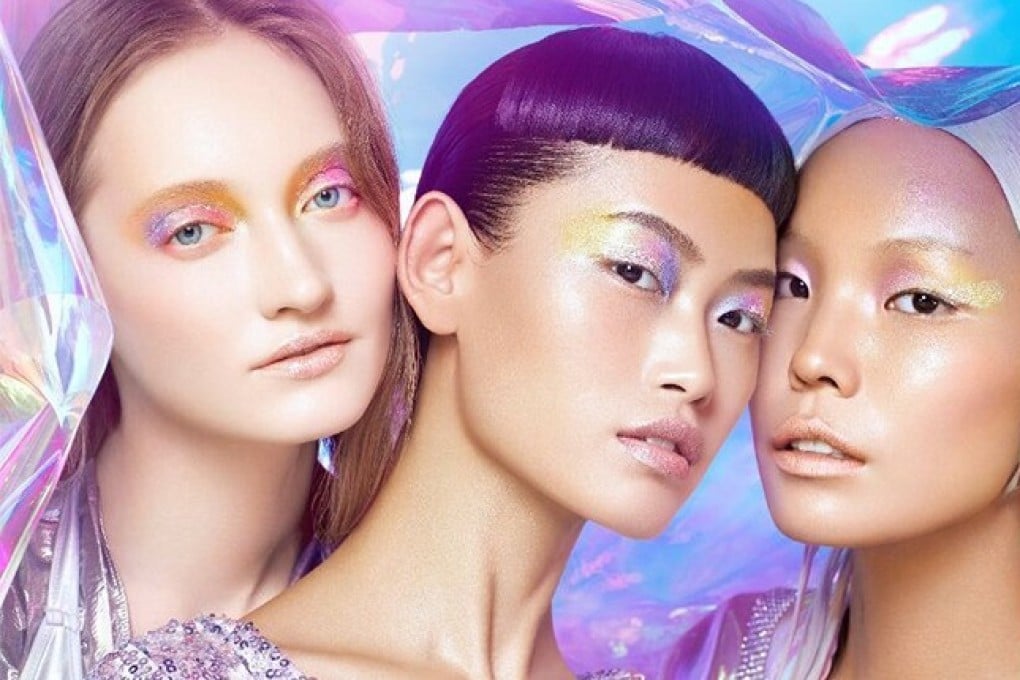C Beauty: online beauty disrupters use influencers to reach Gen Z Chinese proud of made-in-China products
- Digital-native Chinese beauty brands have tapped a market Western retailers don’t reach – using social media influencers to sell cosmetics to young consumers
- Established beauty brands are teaming up with makers of other trendy goods to tap this market, which Korean and Japanese beauty brands also reach – but offline

No matter how digitally savvy they may be, most beauty-obsessed Gen-Zs in the United States will probably never have heard of Hedone.
Yet, in China, the cosmetics brand is to influencer circles what Glossier or Kylie Cosmetics is to Instagram – a direct-to-consumer disrupter with a devoted online audience.
The phenomenon can be explained partly by the changing relationship between young consumers and brands. Beauty lovers between the ages of 18 and 22 take special pride in purchasing brands of Chinese origin. According to business intelligence firm Gartner L2, by December 2018, 72 per cent of Chinese cosmetics brands were using keywords in their Tmall product listings related to being “made in China”, up from less than 50 per cent the year before.

Long-established cosmetics labels from China have notably been aligning themselves with trendy domestic brands selling other things to attack a younger audience. In one such partnership, drink chain HeyTea and Shanghai skincare brand Pechoin have held multiple cross-marketing events that intertwine HeyTea’s millennial-friendly, digital-first branding and cult status with Pechoin’s nostalgic appeal.